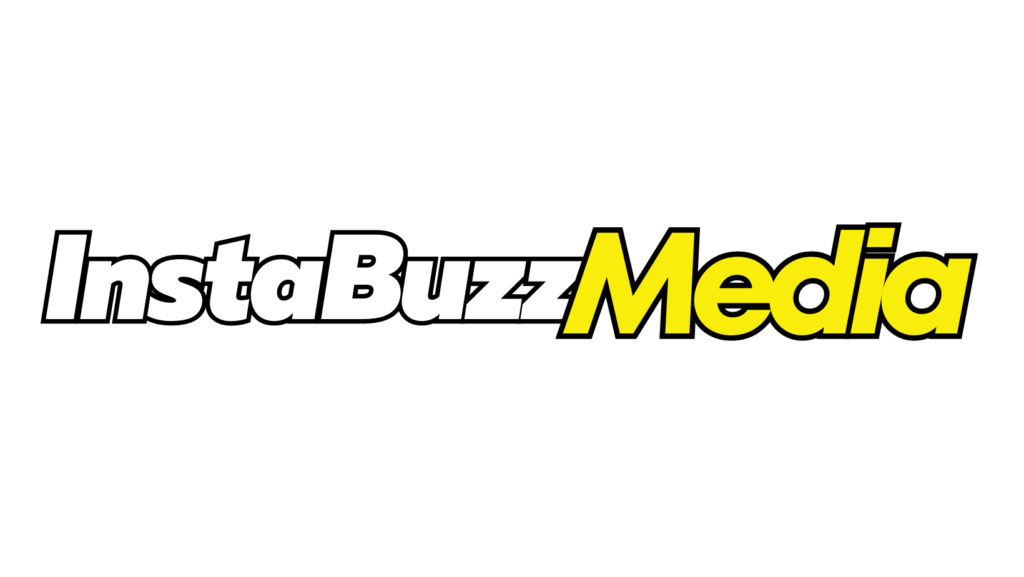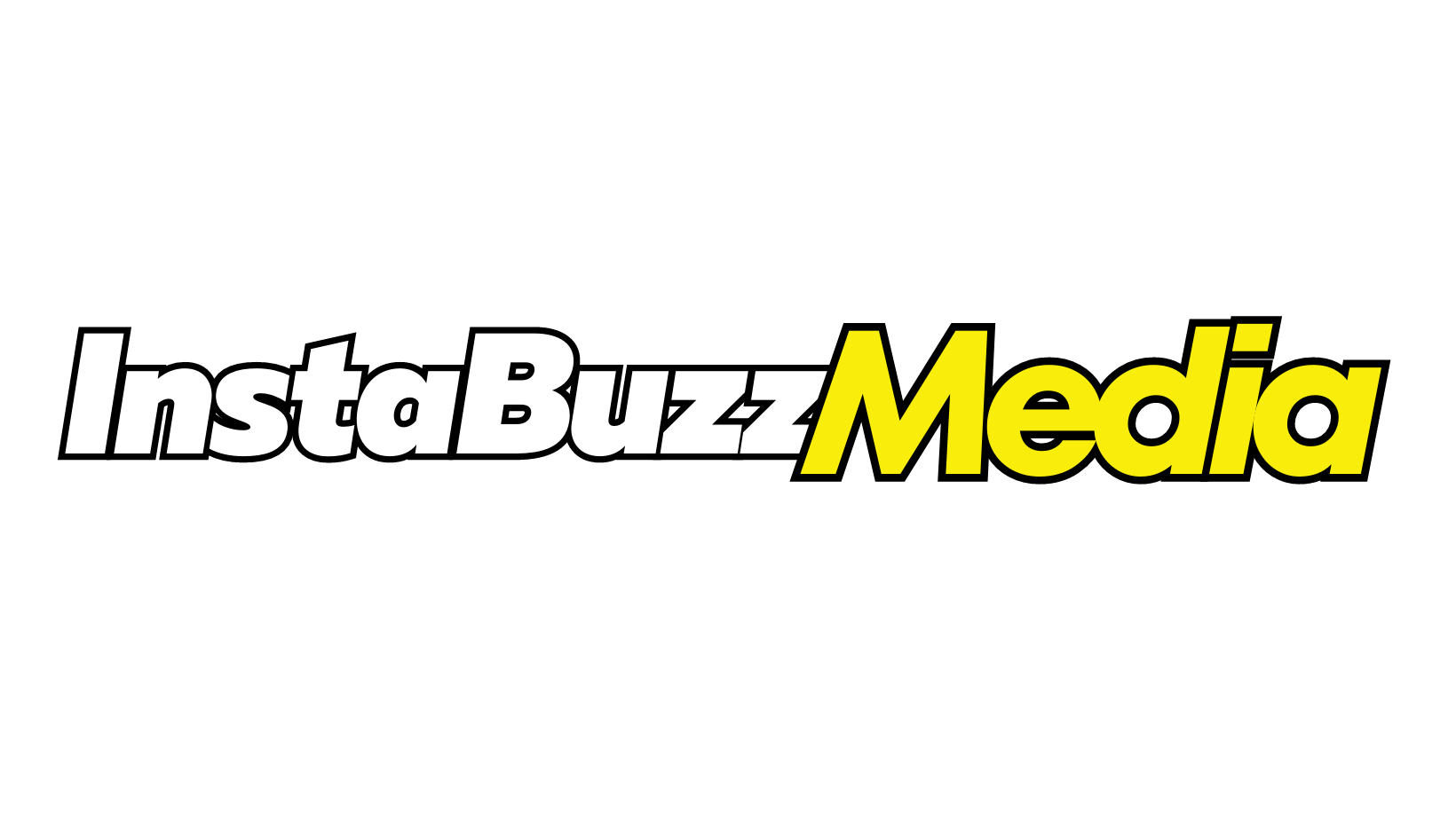
In today’s Internet Age, it seems as if the whole world is touting the need for businesses to participate in digital marketing, but the exact statistics and benefits of this type of marketing can be a bit more elusive. To help answer why digital marketing is so important, I consulted a few studies that explain the benefits of digital marketing for consumers and businesses—both separately and together—along with the best way to market online if a business lacks the time and skill to market in-house.
First, let’s find out the advantages of digital communication on the consumer side of things. It’s more efficient for consumers to have a convenient space, like Facebook and Instagram, where they can directly communicate with businesses (Bayo-Moriones & Lera-Lo ́pez). There’s also the fact that digital communication allows for a “broader selection of products, competitive pricing, cost reduction, and product diversity,” which makes comparing and contrasting choices much easier (Bayo-Moriones & Lera-Lo ́pez). Lastly, and arguably most importantly, social media lets consumers communicate with each other about businesses and products. Studies show that consumers trust the opinions of their peers over business promotions, which means consumer reviews and engagement on sites like Google or Yelp are extremely persuasive for future buyers (Berthon, Pitt, Plangger, & Shapiro). From a consumer’s perspective, digital communication is the most accessible and effective option for interacting with businesses.
Next, let’s look at what studies tell us about digital communication on the business side of things. To find out why digital marketing is so important for businesses, the journal Business Horizons conducted an online survey of marketing managers and found that 82% rated digital marketing as extremely important for brand building (a term that describes a long-term emotional marketing investment between a business and their consumers). They also found that 70% of managers rated digital marketing as important for increased communication flows and buzz marketing—a term that describes an energetic word-of-mouth communication between consumers regarding a product or service. Over 50% of managers claim digital advertising as “a priority area for investment,” and, considering its affordability compared to traditional media, more advertising can be done at the same or at a lower cost. Overall, results show a large majority of marketing managers agree digital marketing and a strong digital platform is essential for increased sales, customer relationships, and cost effectiveness (Maria Teresa Pinheiro Melo Borges Tiago, José Manuel Cristóvão Veríssimo).
As most of the United States’ economy is supported by small businesses, let’s zero in on digital marketing for small businesses in particular. Surveys have shown that many small businesses are unaware of their digital marketing options, and therefore allot a very small percentage of monthly spending to their online advertising (DiGrande). It’s also common for business owners to lack the expertise and experience to properly analyze the return-on-investment of their decisions, which can be detrimental for their marketing decisions (DiGrande). If a small business wants to up their marketing game while saving precious time and money, the best option is to look at outside services.
The most cost-effective, successful, and flexible way to market online is through an outsourced marketing agency. Outsourcing is the practice of using an outside service for a specialized skill. Outsourced marketing has several advantages over in-house marketing. When the marketing is being managed by a trusted agency, businesses can focus their energy on their core competencies (GRAA). When a business outsources, it also avoids the overhead costs of additional office space, computers, vendor relationships, and access to credit that in-house marketing requires (GRAA). Marketing agencies have highly-qualified teams for the technical aspects of marketing, such as customer database management and analysis (McGovern). They also have the ability to optimize campaigns based on different audiences and can alter their methods with the ever-changing market (McGovern). Overall, outsourcing is the best option for small businesses that want to optimize their digital marketing.
In today’s competitive business market, most businesses are involved in digital marketing. If you don’t invest in digital marketing, you are at a severe disadvantage to your competition. Digital marketing can aid in building a strong brand and strong relationships between businesses and consumers at an affordable price compared to traditional media. When businesses lack the profit, experience, and time to handle in-house digital marketing operations, outsourcing their marketing can cut costs, increase revenue, and free up time for core business activities. Digital marketing is the most effective way to market, and without it, you and your business will be both behind the curve and behind the competition.
References
Bayo-Moriones,A.,&Lera-L ́opez,F.(2007).A firm-level analysis of determinants of ICT adoption in Spain. Technovation, 27(6/7), 352—366.
Berthon, P. R., Pitt, L. F., Plangger, K., & Shapiro, D. (2012). Marketing meets Web 2.0, social media, and creative consumers: Implications for international marketing strategy. Business Horizons, 55(3), 261—271.
DiGrande, Sebastian, et al. “Unlocking the digital-marketing potential of small businesses.” BCG Perspectives (2013).
GRAA, Amel, and Hayat BARAKA. “Outsourcing marketing activities for successful small and medium sized enterprises.” Maghreb Review on Economics and Management 3.01 (2016).
Maria Teresa Pinheiro Melo Borges Tiago, José Manuel Cristóvão Veríssimo, Digital marketing and social media: Why bother?, Business Horizons, Volume 57, Issue 6, 2014, Pages 703-708, ISSN 0007-6813, https://doi.org/10.1016/j.bushor.2014.07.002.
McGovern, Gail, and John Quelch. “Outsourcing marketing.” Harvard Business Review 83.3 (2005): 22-26.


